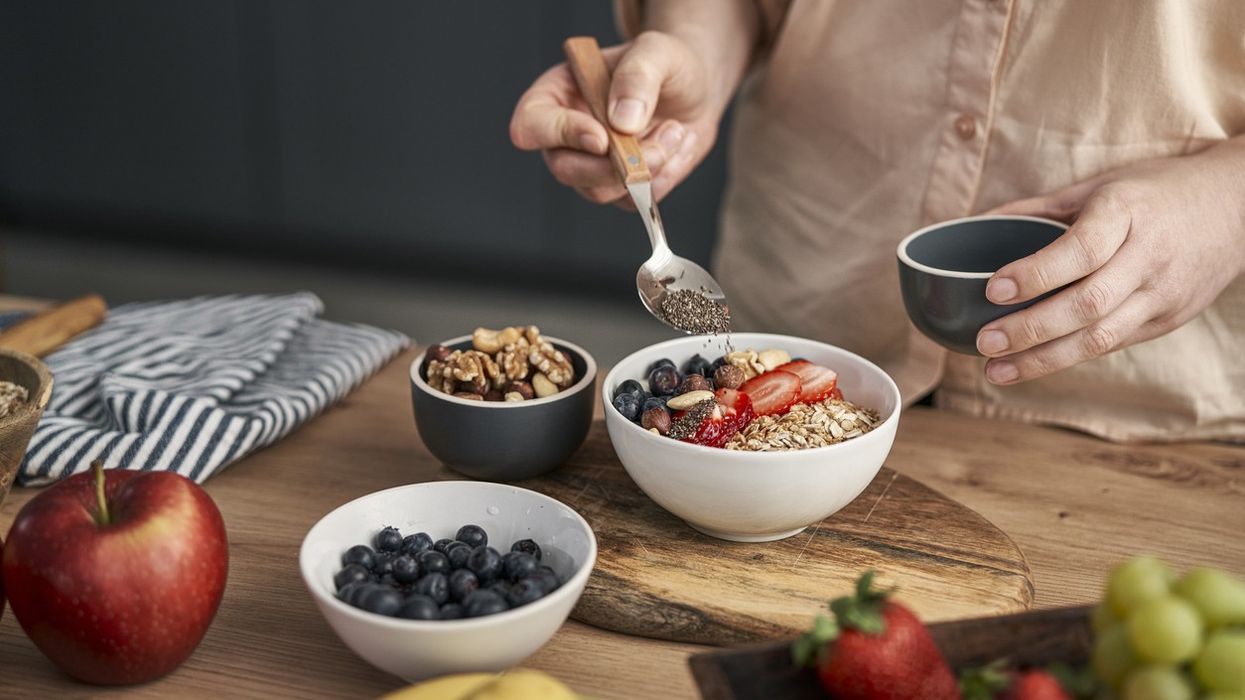Ageing is an inevitable part of life, but how we age can be influenced by our lifestyle choices, especially our diet. Incorporating nutrient-rich foods into your daily meals can help slow down the ageing process, boost vitality, and reduce the risk of age-related diseases. Here are the top 5 foods that support healthy ageing.
1. Berries
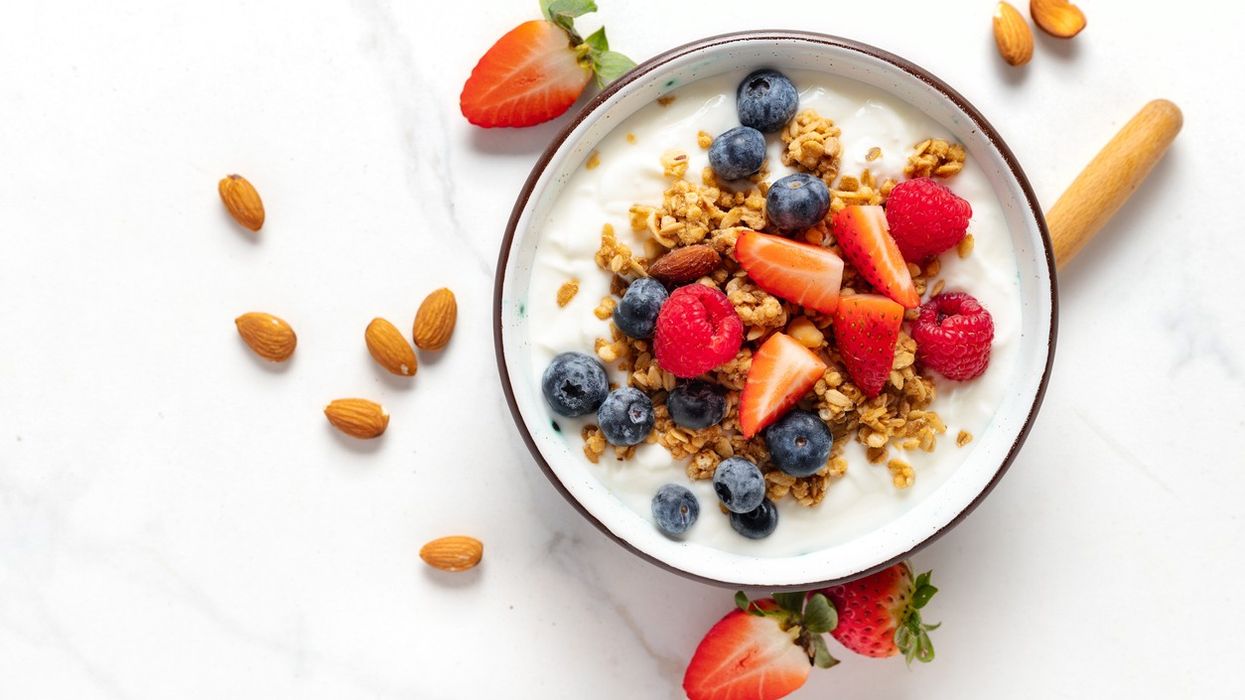
Berries, such as blueberries, strawberries, and raspberries, are packed with antioxidants like vitamin C and anthocyanins. These compounds combat oxidative stress, a key contributor to ageing, by neutralising free radicals that damage cells. The regular consumption of berries can improve brain function, reduce inflammation, and even lower the risk of heart disease. Their high fibre content also supports digestive health, which tends to decline with age. Add a handful of berries to your breakfast smoothie or yoghurt for a delicious and age-defying boost.
2. Fatty fish
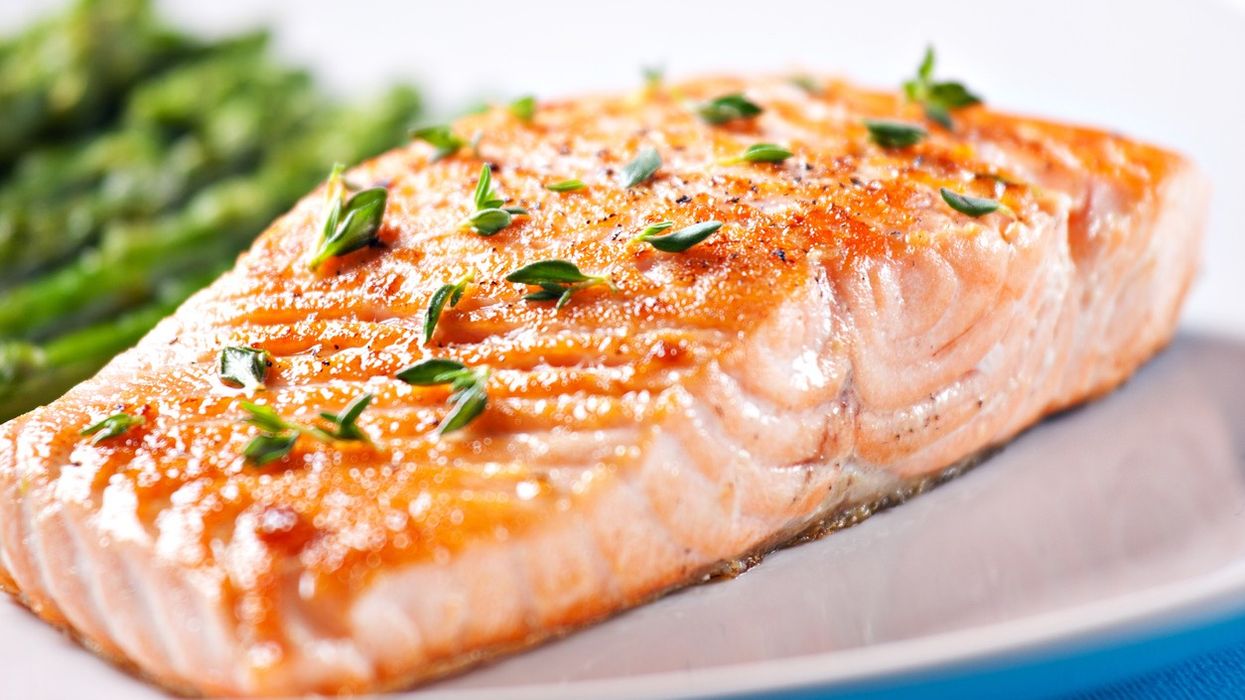
Fatty fish like salmon, mackerel, and sardines are rich in omega-3 fatty acids, particularly EPA and DHA. These healthy fats are essential for maintaining brain health, reducing inflammation, and supporting heart function, all of which are crucial as we age.
Omega-3s can slow cognitive decline and may even reduce the risk of Alzheimer’s disease. Additionally, fatty fish is a great source of high-quality protein, which helps preserve muscle mass, a common concern in older adults. Aim to include fatty fish in your diet at least twice a week for optimal benefits.
3. Leafy greens
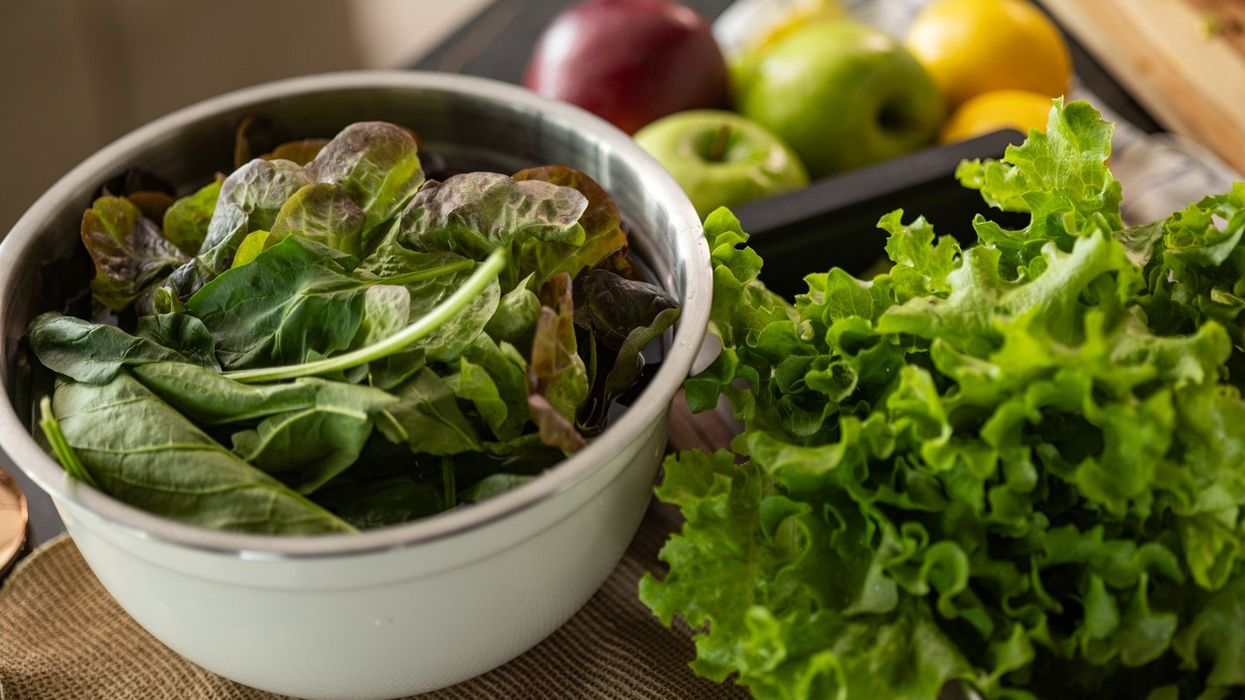
Leafy greens like spinach, kale, and Swiss chard are nutritional powerhouses. They are loaded with vitamins A, C, and K, as well as minerals like calcium and magnesium, which are vital for bone health, a key concern as we age.
These greens also contain antioxidants such as lutein and zeaxanthin, which support eye health and may reduce the risk of age-related macular degeneration. Their high fibre content aids digestion and helps maintain a healthy weight. Incorporate leafy greens into salads, soups, or smoothies for a nutrient-packed addition to your diet.
4. Nuts and Seeds
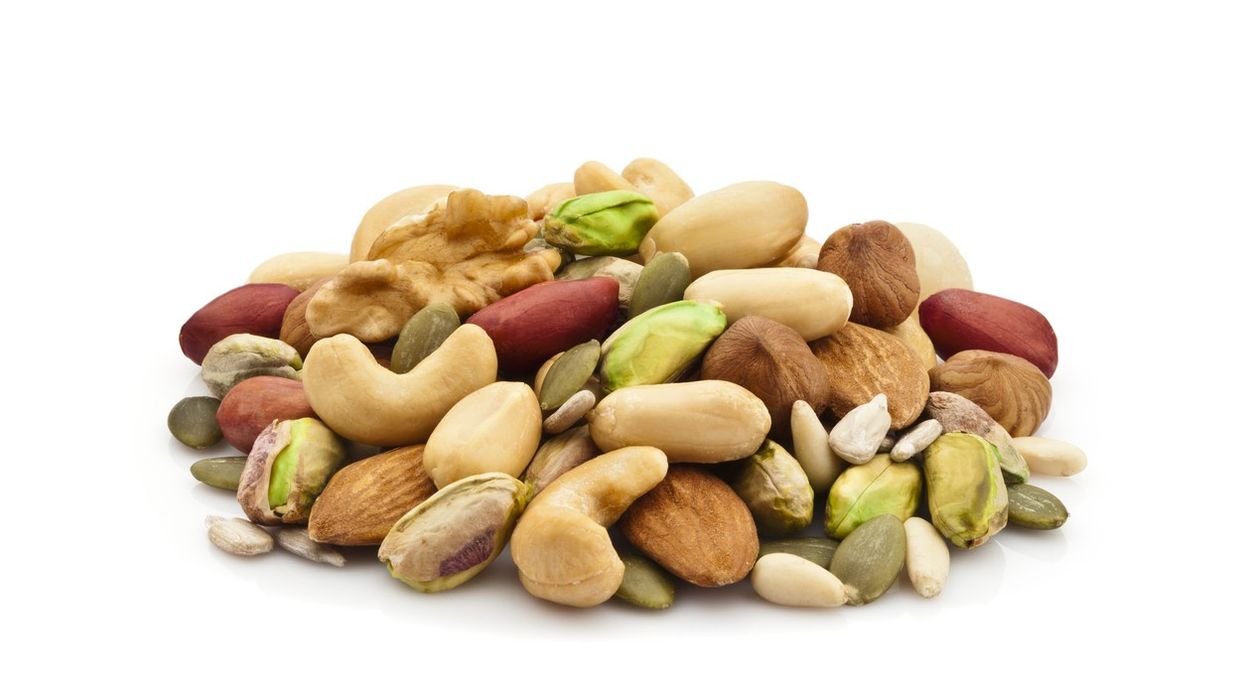
Nuts and seeds, such as almonds, walnuts, flaxseeds, and chia seeds, are excellent sources of healthy fats, protein, and fibre. They also provide essential nutrients like vitamin E, magnesium, and selenium, which play a role in protecting cells from damage and supporting overall health.
The regular consumption of nuts has been linked to a reduced risk of heart disease, improved brain function, and better blood sugar control. Their anti-inflammatory properties can also help manage chronic conditions often associated with ageing. A small handful of nuts or a sprinkle of seeds on your meals can make a big difference.
5. Green Tea
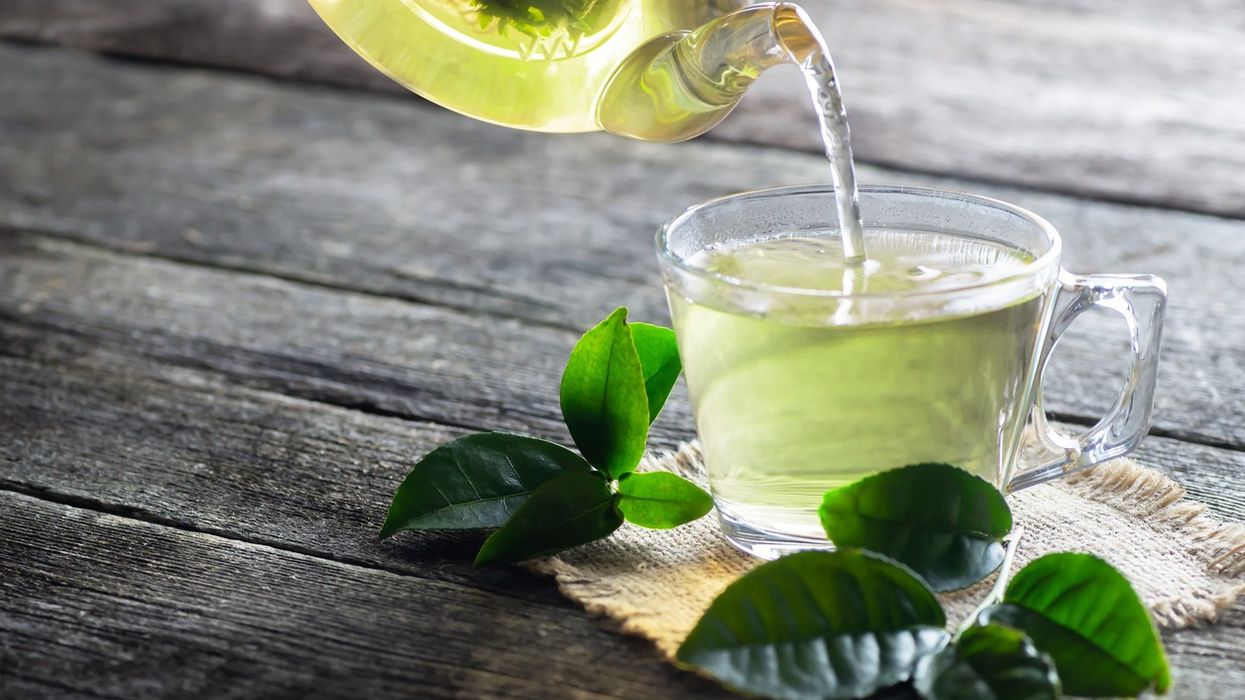
Green tea is renowned for its high concentration of polyphenols, particularly catechins, which have potent antioxidant and anti-inflammatory effects. These compounds help protect cells from damage, support heart health, and may even reduce the risk of certain cancers.
Green tea can improve brain function and promote fat loss, both of which are beneficial for healthy ageing. Drinking 2–3 cups of green tea daily can be a simple yet effective way to harness its age-defying benefits.
Why these foods work
The common thread among these top 5 foods is their ability to combat oxidative stress and inflammation—two major drivers of ageing. They are also rich in essential nutrients that support bodily functions, from brain health to heart health, which tend to decline with age. By incorporating these foods into your diet, you can not only slow down the ageing process but also enhance your overall quality of life.
Healthy ageing is within reach when you fuel your body with the right foods. Berries, fatty fish, leafy greens, nuts and seeds, and green tea are not just delicious but also scientifically proven to support longevity and vitality.
